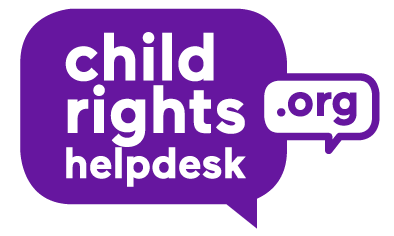25 October 2019
Refugee children who arrive in Greece are widely registered as adults by the Greek authorities. This is the conclusion of a research conducted by two Dutch documentary makers: Eefje Blankevoort and Els van Driel. The research is part of their transmedia project Shadow Game during which they investigate what happens to refugee children in Europe. The results of this project will be published in the autumn of 2020. The fact that children are registered as adults violates the UN Convention on the Rights of the Child. Also, it is one of the main causes children from end up on the street and are deprived of any care and support. Besides that, it causes problems with regard to the reunification with their families members residing in other European Member States.
Wrong age registration
For their research on the issue of age registration, Blankevoort and Van Driel spoke amongst others with Defence for Children the Netherlands and with Greek lawyers working for our European Children’s Rights Helpdesk. According to Van Driel, their research shows that Greece has difficulties with the influx of refugees and that the Greek police regularly assigns higher ages to children. As a result, children live on the streets, have to stay on a Greek island longer than necessary, cannot go to school and cannot continue their lives. By registering the children as adults, Greece can dodge it’s children’s rights obligations regarding these children.
Problems regarding family reunification procedures
Besides the often incorrect age registration by the Greek authorities, it is very worrying that family reunification of children with their families in Europe is being opposed by other European countries. In Greece, many unaccompanied minors apply for asylum. Some of them want to be reunited with family members elsewhere in Europe. Because their age is often registered incorrectly upon arrival, there are problems and delays in their procedure. Martine Goeman, legal advisor at Defence for Children the Netherlands states: “a major problem is that European countries make impossible demands. For example, official documents from the country of origin are required within a limited number of days. This is often not possible, and children remain separated from their families. Other European countries seem to do everything in their power to keep refugee children out instead of respecting their rights.”
European Children’s Rights Helpdesk
Defence for Children the Netherlands has started a European Children’s Rights Helpdesk with the support of the National Postcode Lottery. In Greece, we are supporting lawyers to stand up for the rights of refugee children including those who have been wrongly registered as adults.
